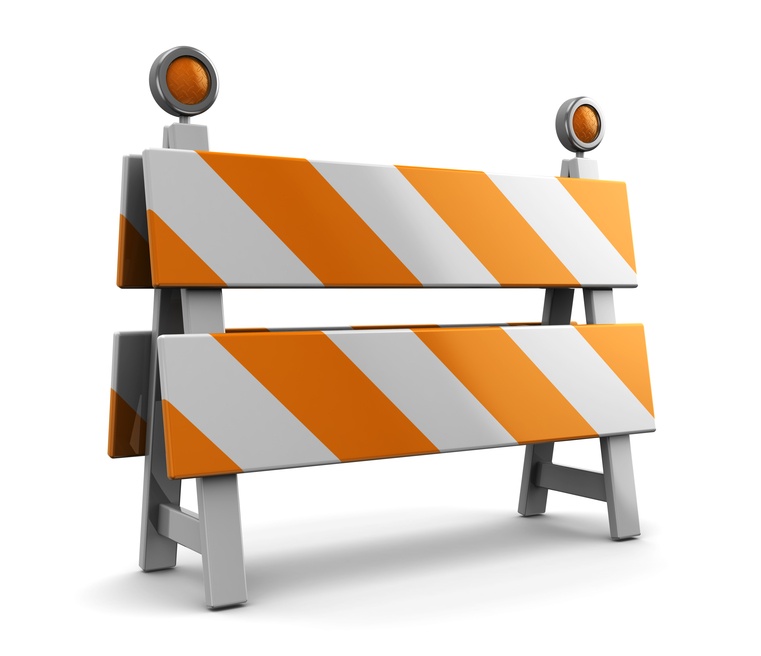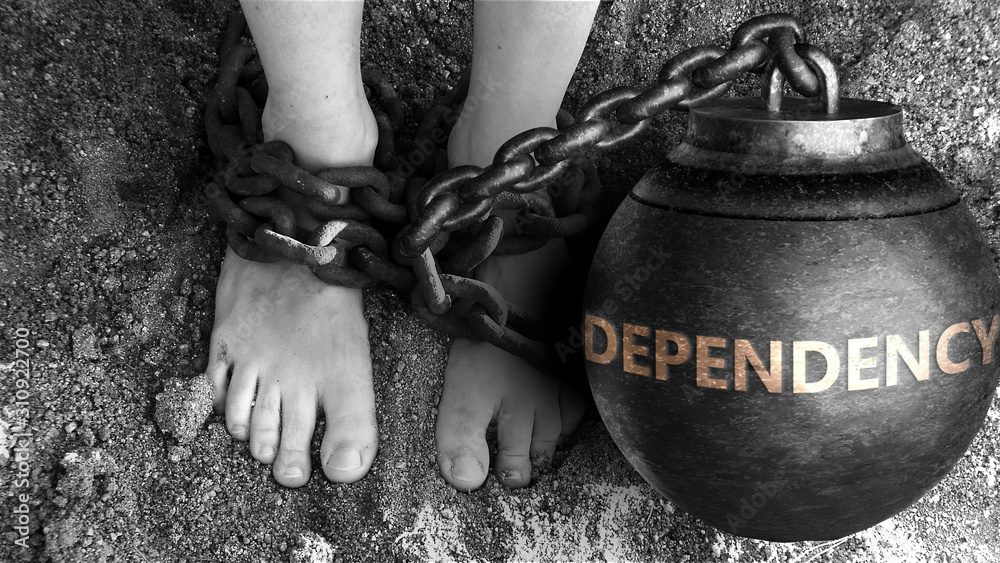In the ever-evolving landscape of web development and content management systems, staying current is not just a luxury – it's a necessity. This holds particularly true for Drupal 7 users who are faced with a crucial decision: migrate to a newer version or risk being left behind in an era of diminishing security and diminishing support.
In the realm of digital security, the implications of sticking with an outdated platform cannot be underestimated. Cyber threats are evolving at an unprecedented pace, and the absence of security updates for Drupal 7 means leaving your website exposed to potential breaches and vulnerabilities. Migrating to a newer version guarantees access to enhanced security features and architectures designed to safeguard your digital presence.
In this blog, we explore some of the major drawbacks of Drupal 7 as a CMS and shed light on why considering a migration to a newer platform might be the key to overcoming these challenges.
Security Concerns:
With the end of official support for Drupal 7, security updates and patches are no longer provided by the Drupal Security Team. This leaves websites built on Drupal 7 more vulnerable to security breaches, as the platform is no longer equipped to handle emerging threats and vulnerabilities.

Performance Limitations:
As websites grow in complexity and require more dynamic content delivery, performance becomes a critical concern. Drupal 7's architecture isn't optimized for handling heavy traffic or complex queries as efficiently as newer versions, potentially leading to slower load times and decreased user satisfaction.
Outdated User Experience:
One of the most noticeable drawbacks of Drupal 7 lies in its user experience. The admin interface, while functional, lacks the user-friendliness and intuitive design seen in modern CMS platforms. Content creators and editors often find themselves struggling with a steeper learning curve, leading to inefficiencies in content management workflows.

Difficulty in Future Upgrades:
Staying on Drupal 7 can lead to a difficult path when considering future upgrades. The migration process to newer versions becomes more complex and potentially costly due to the technological gap between versions, requiring careful planning and substantial resources.
Lack of Accessibility Features:
Web accessibility is an ethical and legal concern, and modern CMS platforms strive to incorporate accessibility features to ensure all users can access content. Drupal 7's accessibility support might not meet current standards, limiting your ability to provide an inclusive digital experience.

Less Robust Media Management:
As visual content gains prominence, a robust media management system is essential for efficient content creation and presentation. Drupal 7's media handling capabilities are less advanced compared to its successors, potentially hindering your ability to create engaging multimedia-rich experiences.
Mobile Responsiveness Challenges:
With the surge in mobile device usage, a responsive design is no longer a nice-to-have – it's a necessity. Drupal 7 was conceived in a time when mobile optimization wasn't as critical, resulting in websites that might not offer the seamless mobile experience users demand today.

![]()
Limited Multilingual Capabilities:
As globalization continues to shape the digital landscape, multilingual capabilities have become a standard requirement for many websites. Drupal 7's multilingual support is not as robust as that of its successors, making it less suitable for businesses targeting diverse language audiences.
Dependency on Contributed Modules:
Drupal's ecosystem thrives on contributed modules – extensions developed by the community to enhance the platform's functionalities. While this is a strength, it can also be a drawback. In Drupal 7, some contributed modules might not be as well-maintained or updated, leading to potential security vulnerabilities and compatibility issues.

Denouement:
In summation, the legacy of Drupal 7 in the world of web development is undeniable. However, as the digital landscape evolves, so must our tools and strategies. The drawbacks associated with Drupal 7, ranging from user experience constraints and mobile responsiveness challenges to limitations in multilingual support, security concerns, and more, encourage a thoughtful exploration of alternative options. Whether that means migrating to a newer Drupal version or exploring other CMS options, the goal remains the same: upgrading to a newer version of Drupal to empower our websites with the features, security, and performance necessary to succeed in today's dynamic online environment.

![]()
In a landscape where digital innovation is the cornerstone of success, acknowledging the limitations of legacy systems like Drupal 7 becomes paramount. While Drupal 7 has certainly left an indelible mark, it's important to embrace change to ensure the longevity and effectiveness of your web presence. If you're contemplating the transition from Drupal 7 to a more modern solution or seeking guidance on navigating the complexities of migration, we're here to help. Our experienced team at SMASHING INFOLABS PVT.LTD. is well-versed in the nuances of Drupal support and migration. Feel free to reach out to us for expert assistance, tailored solutions, and a smoother journey toward a more robust and responsive digital future. Contact us today to explore the possibilities and take your web presence to new heights.

